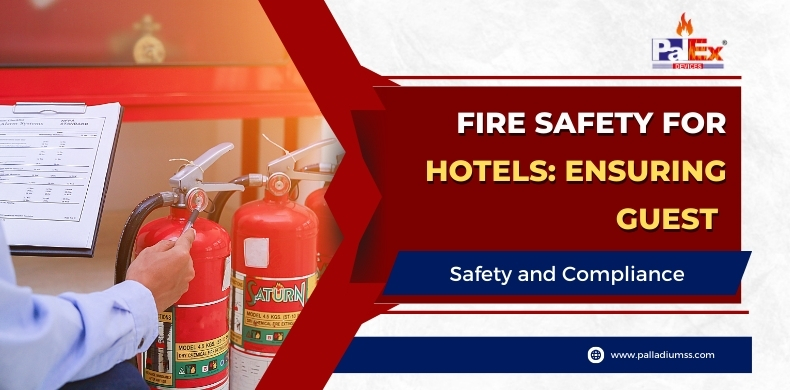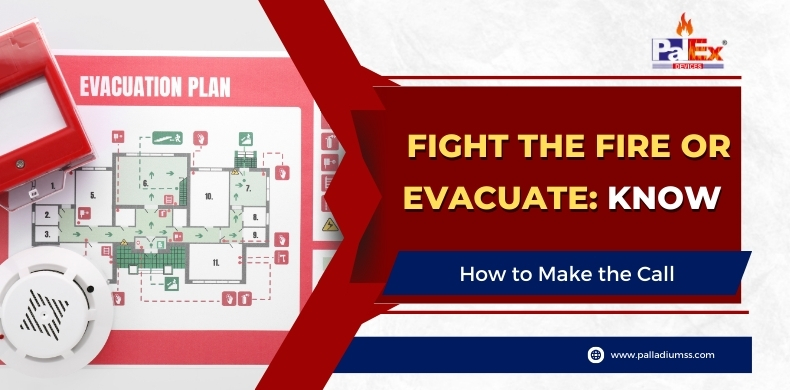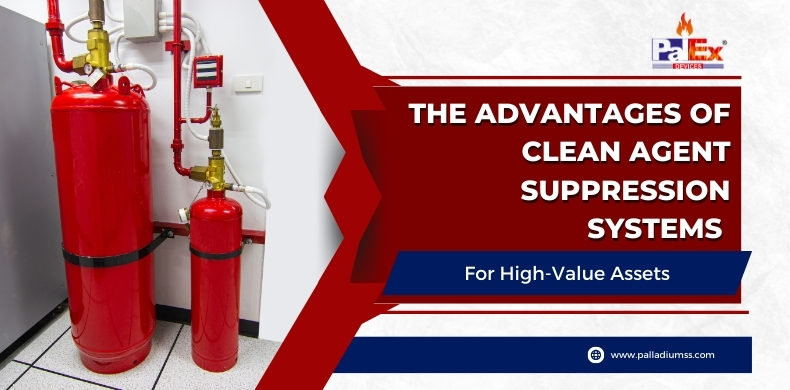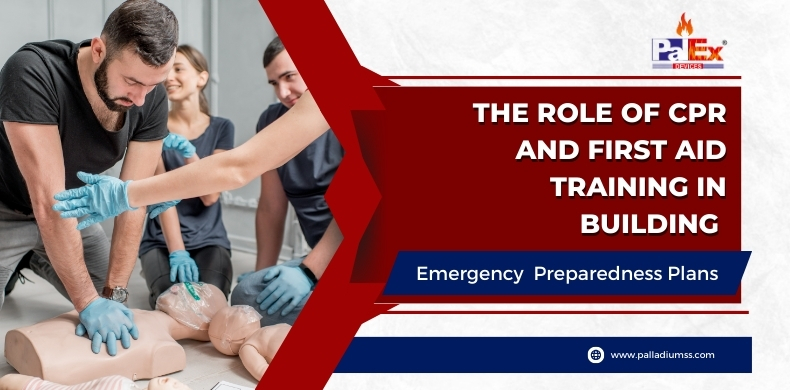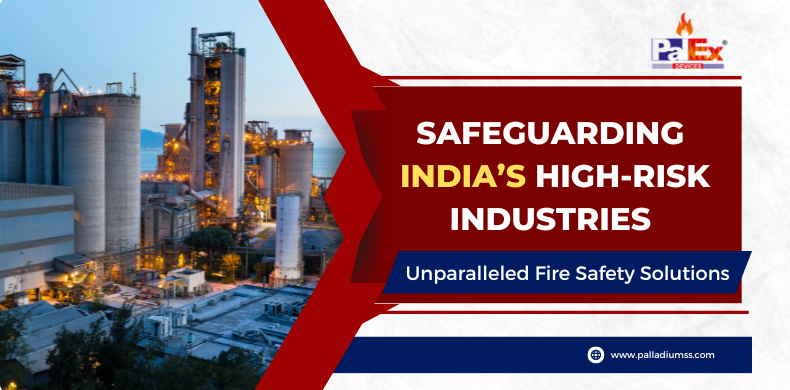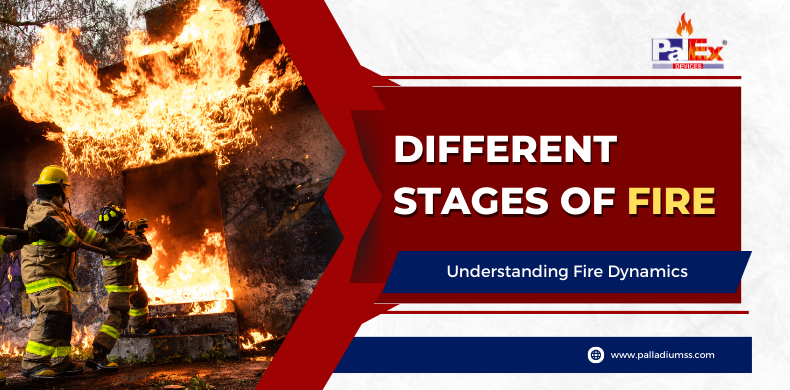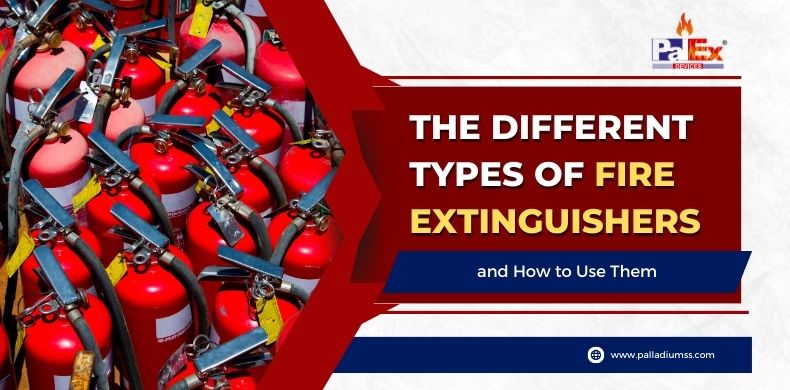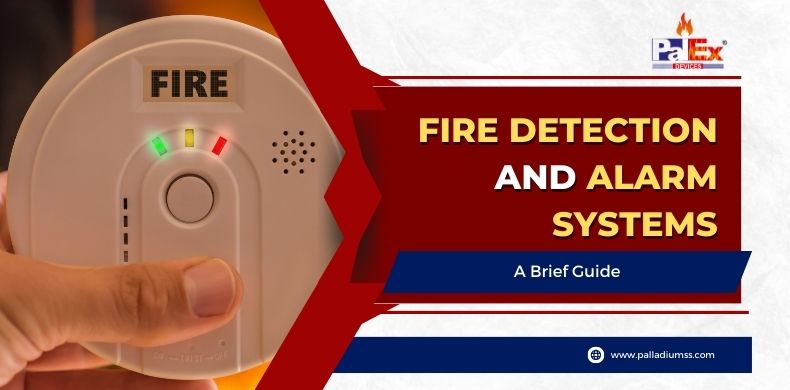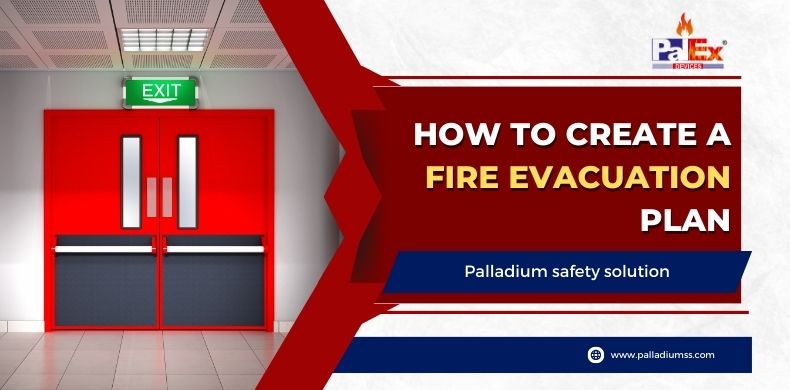In hotel business, taking care of guests’ security is highly important. Various safety matters are present but fire safety comes as a vital part that needs careful examination and organization. Hotels pose distinct issues regarding fire safety due to their complicated structures, different types of guest populations and non-stop running times. In this blog article, we will delve into the crucial aspects of fire safety within hotels. We’ll concentrate on how to keep guests safe and also comply with rules at the same time.
The Importance of Fire Safety in Hotels
Incidents of fire in hotels can cause severe damage, possibly leading to loss of life, serious injuries, property destruction and enduring harm to reputation. More than the ethical need to safeguard guests and employees, hotels must also adhere strictly to legal rules concerning fire safety. Non-compliance with these laws could lead them into massive penalties or lawsuits and even mandatory shutdowns.
Key Components of Hotel Fire Safety
Fire Prevention
Prevention is the primary method to ensure fire safety in hotels. It requires establishing stringent rules and procedures to reduce chances of fire incidents occurring. Constantly checking systems like electricity, HVAC units, along with kitchen tools plays a significant role in this process. Hotels should also make sure they implement no-smoking rules in rooms and determine certain smoking areas separate from the main structure.
Training of staff is very important for preventing fire. Every worker needs to learn about possible dangers from fire, how to use flammable items correctly and why they must keep emergency exits clear always. Constant practice on safety against fire and repeated courses can help this information stay new and useful.
Early Detection Systems
Despite putting in the best efforts to prevent it, fires can still take place. Detecting them early is very important as this helps minimize damage and maintain guest safety. Contemporary hotels must have top-notch fire discovery systems, such as smoke detectors, temperature sensors and carbon monoxide detectors. These systems ought to be linked with a central alarm system. It notifies both guests and staff without delay if there is a fire.
Testing and maintaining these detection systems regularly is very important. Many local authorities need hotels to keep comprehensive records of these inspections as part of their adherence requirements.
Suppression Systems
Sprinkler systems that work automatically are very important for the safety against fire in hotels. These systems have the ability to manage or put out fires while they are still small, stopping them from getting bigger and providing extra time for evacuation. Besides sprinklers, it is necessary for hotels to place fire extinguishers which can be quickly reached on each floor and instruct employees how to use them correctly.
For places like kitchens and other areas with a higher danger level, you might need particular suppression systems. Maybe things such as chemical suppressing methods for oil fires in business-scale cooking spaces or non-reactive gas mechanisms for computer rooms and different zones that have sensitive electronic devices.
Evacuation Planning and Management
For visitor security, a properly planned and effectively conveyed evacuation strategy is vital. The outline must contain:
- Clearly marked emergency exits on every floor
- Illuminated exit signs that remain visible even in smoky conditions
- Floor plans in every room showing the nearest exits and evacuation routes
- Designated assembly points outside the building
- Provisions for assisting guests with mobility issues or disabilities
It is necessary for hotels to carry out frequent evacuation practices with their employees. This guarantees that every person understands what they must do when there’s a crisis situation. Although it may not be feasible to involve guests in these exercises, the hotel can offer fire safety guidelines during registration and also through materials present within the rooms.
Staff Training and Responsibilities
Staff of the hotel become first line protection during a fire emergency. They must have full training on procedures about fire safety, which include:
- How to respond to fire alarms
- How to assist guests in evacuation
- The use of fire extinguishers and other suppression equipment
- How to conduct a systematic search of rooms to ensure all guests have evacuated
- Basic first aid and CPR
Assigning particular roles and responsibilities to the staff members in case of a fire emergency may support a more planned and efficient reaction.
Also read : Fire Safety Awareness
Bottom Line
Hotel fire safety is complicated and very important that needs continuous care and effort. With concentration on stopping it before happening, detecting at the start, useful prevention measures, properly planned escape plans and comprehensive training for employees; hotels can lower the chances of fire incidents greatly ensuring their guests’ and workers’ protection.
Following rules is not only demanded by the law, but it’s a core part of good hotel management. When hotels do more than just follow laws and adopt a culture focused on safety, they can make their guests feel safe. This also shows how dedicated they are to giving top-quality service in hospitality.
Keep in mind, concerning fire safety, there is no term as over-prepared. The money you put into measures and training for fire safety can actually save lives while safeguarding your business for the future.

